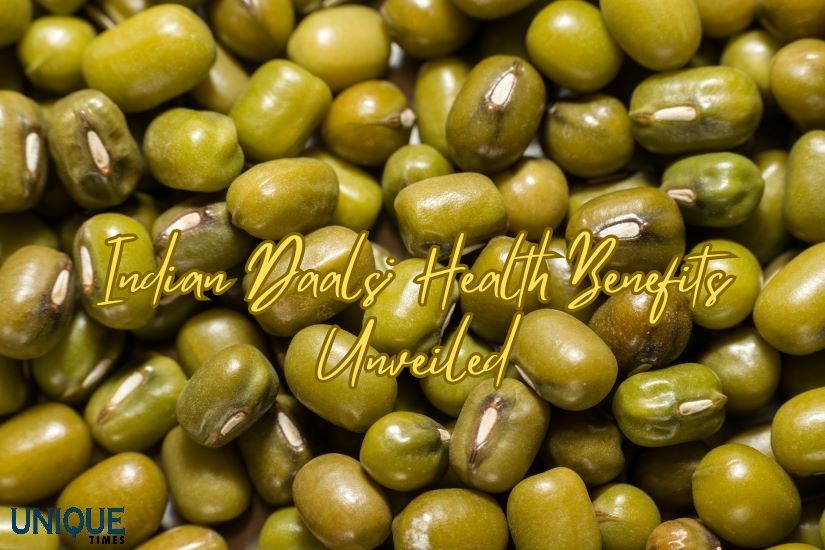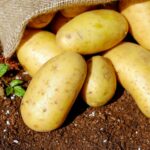Exploring 10 Types of Indian Daals and Their Health Benefits

Daal, a staple in Indian cuisine, is not only delicious but also offers a wide range of health benefits. From providing essential nutrients to promoting digestive health, different types of daals have unique properties that contribute to overall well-being. Let’s delve into ten popular Indian daals and uncover their health benefits:
1. Toor Daal (Pigeon Pea): Toor daal is rich in protein, fiber, and complex carbohydrates. It helps in maintaining muscle mass, stabilizing blood sugar levels, and promoting satiety. Additionally, it contains folate and iron, making it beneficial for pregnant women and those with iron deficiency.
2. Chana Daal (Split Bengal Gram): Chana daal is high in fiber, which aids digestion and helps prevent constipation. It also provides a good amount of protein, making it a valuable source of energy. Chana daal is rich in folate, zinc, and calcium, supporting bone health and immune function.
3. Masoor Daal (Red Lentils): Masoor daal is packed with antioxidants, including polyphenols and flavonoids, which help reduce inflammation and oxidative stress. It is also an excellent source of plant-based protein, iron, and B vitamins, supporting cardiovascular health and energy production.
4. Moong Daal (Split Mung Beans): Moong daal is low in fat and high in protein, making it a nutritious choice for weight management and muscle building. It is easily digestible and rich in fiber, promoting digestive health and regulating blood sugar levels. Moong daal is also a good source of antioxidants, vitamins, and minerals.
5. Urad Daal (Black Gram): Urad daal is a rich source of protein, calcium, and potassium, essential for maintaining bone health and muscle function. It is also high in fiber, promoting digestive regularity and preventing constipation. Urad daal is beneficial for heart health, as it helps lower cholesterol levels and reduce the risk of cardiovascular disease.
6. Arhar Daal (Split Yellow Peas): Arhar daal is a good source of dietary fiber, which aids in digestion and helps regulate bowel movements. It is also rich in folate, iron, and magnesium, supporting red blood cell production and energy metabolism. Arhar daal is low in fat and cholesterol, making it heart-healthy and suitable for individuals with high blood pressure or cholesterol.
7. Moth Daal (Matki or Turkish Gram): Moth daal is rich in protein, fiber, and essential nutrients like iron, magnesium, and phosphorus. It helps in maintaining muscle mass, bone health, and energy production. Moth daal is low in calories and fat, making it a nutritious choice for weight management and overall health.
8. Rajma Daal (Kidney Beans): Rajma daal is a good source of plant-based protein, fiber, and complex carbohydrates, making it a filling and satisfying meal option. It is rich in antioxidants, vitamins, and minerals, supporting immune function and reducing inflammation. Rajma daal is also beneficial for heart health, as it helps lower cholesterol levels and improve blood sugar control.
9. Kabuli Chana Daal (Chickpeas): Kabuli chana daal is high in protein and fiber, which help promote satiety, regulate blood sugar levels, and support digestive health. It is also rich in antioxidants, vitamins, and minerals, providing a wide range of health benefits. Kabuli chana daal is particularly beneficial for weight management, heart health, and blood sugar control.
10. Green Moong Daal (Green Gram): Green moong daal is packed with protein, fiber, and antioxidants, making it a nutritious addition to any diet. It helps in promoting digestive health, regulating blood sugar levels, and supporting muscle growth and repair. Green moong daal is also low in fat and cholesterol, making it suitable for heart-healthy diets and weight management.
In conclusion, incorporating a variety of Indian daals into your diet can provide numerous health benefits, from supporting digestion and weight management to promoting heart health and immune function. Whether enjoyed as a comforting bowl of daal or as part of a nutritious meal, these versatile legumes offer a delicious and nutritious way to nourish your body and enhance your overall well-being.
Picture Courtesy: Google/images are subject to copyright








